Breaking News


Popular News

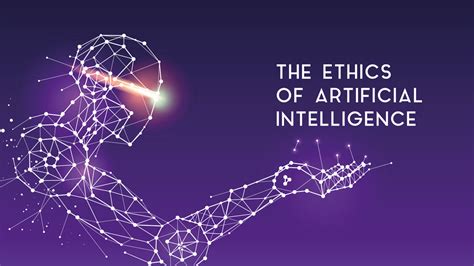
Explore the historical context, current considerations, and future directions for ethical AI. Understand the impact of AI on society and regulatory efforts in this introduction to AI ethics.In today’s rapidly evolving technological landscape, artificial intelligence (AI) has become a ubiquitous presence, influencing nearly every aspect of our daily lives. From personalized recommendations on streaming platforms to predictive algorithms in healthcare, AI has revolutionized the way we interact with the world around us. However, with great power comes great responsibility, and the ethical implications of AI development and implementation cannot be overlooked.
This blog post will delve into the intricate dynamics of AI ethics, exploring its historical context, current considerations, and the challenges that arise in implementing ethical AI. Furthermore, we will examine the profound impact of AI on society and the regulatory efforts being made to govern its ethical use. Additionally, we will discuss future directions for ethical AI and how these innovations may shape our collective future. Join us as we navigate the complex intersection of AI and ethics, and discover the pressing need for thoughtful, responsible use of this powerful technology in today’s society.
Contents
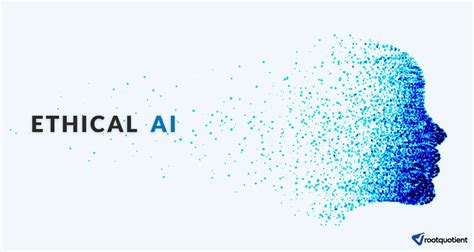
Artificial Intelligence (AI) has become an increasingly integral part of our daily lives, from driving our cars to recommending products online. As AI continues to advance, it is essential to consider the ethical implications of its use. AI ethics is a branch of applied ethics that examines how AI systems should be designed, implemented, and utilized to ensure they align with moral and societal values.
One of the fundamental ethical considerations in AI is the potential for bias in algorithms. AI systems can perpetuate and amplify existing biases in data, leading to unfair outcomes and discrimination. It is crucial to address these biases to ensure AI technologies are fair and equitable for all individuals and communities.
In addition to bias, privacy and data protection are also central to AI ethics. As AI systems collect and analyze vast amounts of personal data, there is a need to establish robust regulations and guidelines to safeguard individuals’ privacy and prevent misuse of their information.
The rapid advancement of AI also raises concerns about accountability and transparency. As AI systems become more complex and autonomous, it can be challenging to understand their decision-making processes. Ethical AI practices involve making AI systems more transparent and accountable, enabling individuals to comprehend and challenge their outcomes.
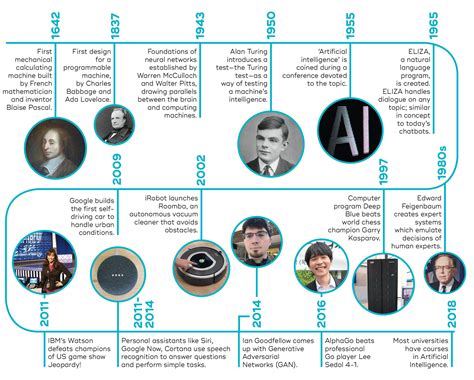
The Ethics and Challenges of AI in Today’s Society
Artificial Intelligence (AI) has a long and fascinating history that dates back to ancient civilizations. The concept of AI can be traced to Greek myths about mechanical men and the Jewish legend of the golem. In the 13th century, Roger Bacon wrote about a possible future where scientific knowledge would be developed to the point where machines would be able to mimic human behavior. These early ideas laid the groundwork for future developments in AI.
Fast forward to the 20th century, when the modern era of AI began to take shape. In the 1950s, computer scientists such as Alan Turing and John McCarthy laid the foundations for AI as a field of study. Their work led to the development of the first AI programs and the birth of the term “artificial intelligence”. This period saw great optimism about the potential of AI to solve complex problems and improve the human condition.
However, the early years of AI development also saw significant challenges and setbacks. As the limitations of AI became more apparent, a period of disillusionment known as the “AI winter” set in during the 1970s and 1980s. Funding for AI research dried up and interest in the field waned. It was not until the late 1990s and early 2000s that AI experienced a resurgence, driven by advances in computing power and the availability of large datasets for training machine learning models.
| Key milestones in AI development |
|---|
|
The historical context of AI development provides important insights into the challenges and opportunities that have shaped the field. Understanding the trajectory of AI over time can help us navigate the ethical considerations and societal impacts of AI in the present day.
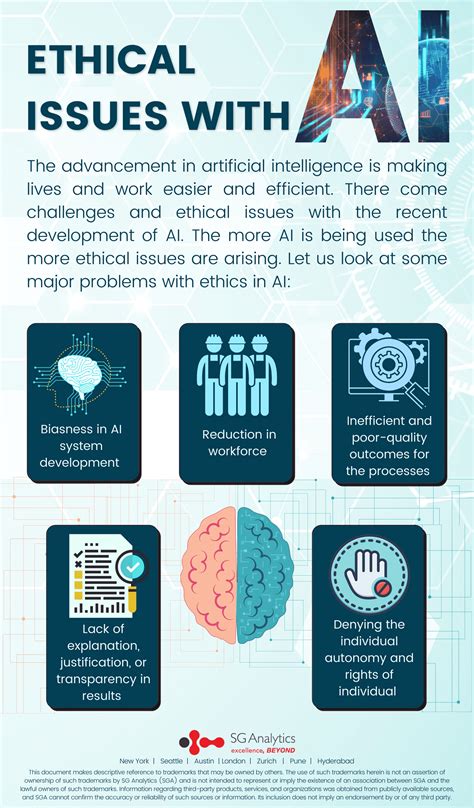
With the rapid advancement of technology, Artificial Intelligence (AI) has become an integral part of our daily lives. However, as AI continues to evolve, there are several ethical considerations that need to be addressed.
One of the key ethical considerations in AI is the issue of data privacy and security. As AI systems rely heavily on data, there is a growing concern about how this data is collected, stored, and used. This raises questions about the transparency and accountability of AI systems, as well as the potential for misuse of personal data.
Another major ethical issue in AI is the potential for bias and discrimination in AI algorithms. AI systems are designed to make decisions based on data, but if that data is biased, the system itself can perpetuate and even exacerbate existing biases. This has significant implications in areas such as hiring, lending, and criminal justice, where AI systems are increasingly being used to make important decisions.
Furthermore, there are ethical concerns surrounding the automation of jobs and its impact on society. As AI technology continues to advance, there is a growing fear that automation will lead to widespread job loss and economic inequality. This raises questions about the ethical responsibility of AI developers and the need for policies to mitigate these potential negative effects.

Implementing ethical AI poses a number of challenges in today’s society. One of the major concerns is the potential for bias in AI algorithms. The algorithms that power AI systems are only as good as the data they are trained on, and if that data is biased, the results will be biased as well. This can have serious implications in areas such as hiring, lending, and criminal justice, where AI is increasingly being used to make important decisions.
Another challenge is the lack of transparency in AI decision-making. AI systems can often be so complex that it is difficult to understand how they arrive at a particular decision. This lack of transparency raises questions about accountability and the ability to challenge decisions made by AI systems.
Regulatory efforts to govern AI ethics face challenges as well. The rapid pace of AI development means that regulations struggle to keep up. Additionally, the global nature of AI means that regulations in one country may not necessarily apply in another, making it difficult to create universal guidelines for ethical AI.
Lastly, there is the challenge of ensuring that AI is used for the benefit of society as a whole, rather than just for the benefit of a few. As AI becomes increasingly integrated into various aspects of our lives, it is important to ensure that it is used in a way that prioritizes the well-being and rights of all individuals.
| Challenges in Implementing Ethical AI |
|---|
| Algorithmic bias |
| Lack of transparency |
| Regulatory difficulties |
| Societal impact |
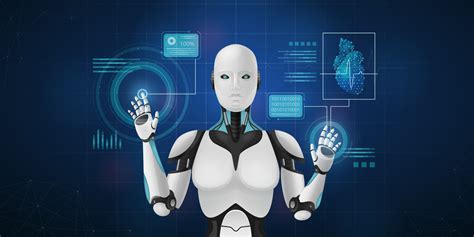
Artificial Intelligence (AI) has had a significant impact on society in recent years, revolutionizing various aspects of our daily lives. One major area in which AI has made its mark is in the workforce. The use of AI-powered automation has led to increased efficiency and productivity in many industries, but has also resulted in job displacement for some workers. This shift in the labor market has prompted discussions about the future of work and the need for retraining and upskilling to adapt to the changing demands of the workforce.
Furthermore, AI has also transformed the way we interact with technology. Personalized recommendations and targeted advertising, powered by AI algorithms, have changed the way we consume information and make purchasing decisions. This has raised concerns about privacy and data security, as AI systems collect and analyze large volumes of personal data to make these recommendations. The ethical use of AI in managing and protecting this data has become a significant concern for society.
In addition to its effects on the workforce and technology, AI has also impacted healthcare and education. AI-powered medical diagnostics and treatment planning have the potential to revolutionize healthcare delivery, improving patient outcomes and reducing medical errors. Similarly, AI-based personalized learning tools are being used to tailor educational experiences to individual students, providing new opportunities for personalized education and skill development.
As AI continues to advance and integrate further into society, it is crucial to consider the ethical implications and potential consequences of its use. From addressing job displacement and economic inequality to ensuring data privacy and security, society must grapple with the challenges and opportunities posed by the growing influence of AI in our daily lives.
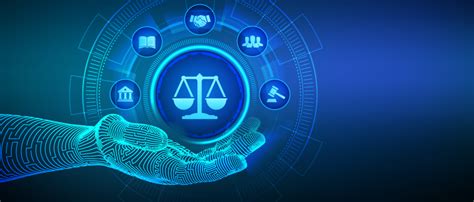
As artificial intelligence (AI) continues to evolve and permeate various aspects of society, it has become increasingly important to address the ethical considerations surrounding its use. Regulatory efforts to govern AI ethics are essential in ensuring that AI technologies are developed and utilized in a responsible and ethical manner.
One of the key challenges in regulating AI ethics is the rapidly advancing nature of AI technology. As AI capabilities continue to expand, it becomes increasingly difficult for regulatory bodies to keep pace with the development and deployment of AI systems. This dynamic nature of AI presents a unique challenge for regulators, as they must balance the need for oversight with the need to foster innovation and progress in the field of AI.
Another consideration in governing AI ethics is the potential impact of AI on various aspects of society, such as privacy, employment, and decision-making processes. Regulatory efforts must take into account the potential risks and benefits associated with AI, and develop measures to mitigate any negative consequences while maximizing the positive impact of AI on society.
Furthermore, international collaboration and cooperation are crucial in the regulation of AI ethics. As AI technologies are not confined by national borders, regulatory efforts to govern AI ethics must be coordinated at the global level to ensure consistency and effectiveness in addressing ethical considerations related to AI.
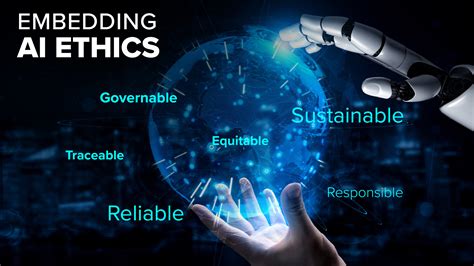
As the field of artificial intelligence continues to advance at a rapid pace, it is becoming increasingly important to address the ethical implications of AI technology. In order to ensure that AI is developed and used in a responsible and ethical manner, there are several future directions that must be considered.
One important future direction for ethical AI is the development of regulations and guidelines to govern the use of AI technology. This will help to ensure that AI is used in ways that are fair, transparent, and accountable. By implementing regulations and guidelines, we can work towards minimizing the potential for bias and discrimination in AI systems.
Another future direction for ethical AI is the development of mechanisms for ensuring that AI systems are held accountable for their actions. This may involve the creation of systems for auditing and monitoring AI technologies, as well as establishing mechanisms for recourse in the event that AI systems cause harm or act unethically.
Additionally, it will be important to continue research and development efforts aimed at enhancing the ethical capabilities of AI systems. This may involve the creation of AI algorithms that are capable of making ethical decisions, as well as the development of techniques for ensuring that AI systems are able to understand and respond to ethical considerations in real-time.

What are the ethical challenges of AI in today’s society?
Some of the ethical challenges of AI include privacy concerns, job displacement, bias in decision-making, and lack of transparency in algorithms.
How can AI impact society positively?
AI can positively impact society by improving healthcare, making transportation safer, enhancing productivity, and aiding in environmental sustainability efforts.
What are some potential risks of AI in society?
Some potential risks of AI in society include loss of jobs, misuse of personal data, autonomous weapon systems, and the reinforcement of existing social inequalities.
What are the guidelines for ethical AI use?
Guidelines for ethical AI use include transparency, accountability, fairness, and ensuring that AI systems are used to enhance human well-being.
How can society address the ethical challenges of AI?
Society can address the ethical challenges of AI through policy and regulation, public awareness and education, ethical design and development practices, and interdisciplinary collaboration.
What role does transparency play in ethical AI use?
Transparency in ethical AI use is crucial for understanding how AI systems make decisions, identifying and mitigating biases, and gaining public trust in AI technologies.
How can individuals contribute to the ethical use of AI in society?
Individuals can contribute to the ethical use of AI by advocating for responsible AI practices, staying informed about AI developments, and participating in discussions about the societal impact of AI.